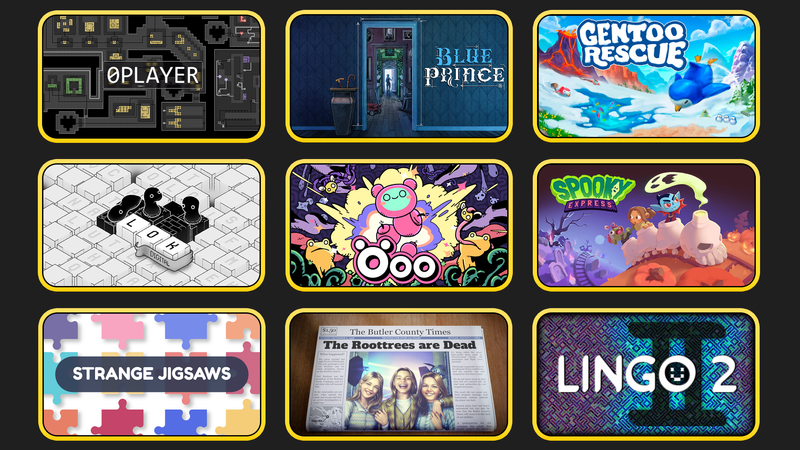Word-based puzzle games are seeing a resurgence back into the mainstream. With hits like Wordle, many clones and counterparts have been built upon its impressive, yet deceptively simple Mastermind-like system. Knotwords, a recently released game by Zach Gage and Jack Schlesinger — answers this burning question: can you make a game that works and feels like a classic, yet bridges the gap between new and old?
Despite my proficiency in the English language, one thing that truly frightened me was crosswords. As a kid, the joys of entertaining educational programs, playing video games, and crafting tales was what I spent the majority of my free time on. Crosswords were a daily feature of the local newspaper, but the amalgamation of black and white numbered squares was an insurmountable wall for my young mind.
Opening Knotwords for the first time meant that I had to face a decade-long apprehension of crosswords. I did so by taking my time, and soon the simple, effusive charm of the game won me over.
Each Knotwords puzzle is structured the same way — crossword-style grids divided into blocks. Each block has a set of letters that can be placed within the confines of that block. Players have to figure out how to arrange these letters to form valid words in the rows and columns, keeping in mind their relation to the interconnected blocks.
What makes Knotwords so interesting is that you have to understand the number of permutations — both vertically and horizontally. Whilst this narrows down to a lot of common two letter words, you’d be surprised at all the possibilities the moment you hit three letters.
Knotwords comes in three different flavours — classic, twist, and daily. Playing through its classic mode in the free mobile version of the game meant I could only play up to the tenth puzzle, but the sense I got from it was wonderful. Zach Gage really put together a wordy conundrum fitting each theme given.
On my Steam copy, which unlocks everything for a set fee, Twisty ups that game to much less common words and more permutations per block, and I really wracked my brain for these puzzles. The rush of joy when figuring it out was absolutely addictive. Along the way, my vocabulary has definitely expanded a fair bit.
Knotwords is part of a movement that is paving the way forward to a more puzzle-oriented gaming community. With Wordle entering the mainstream and popularising an age-old genre, what I hope to see is more puzzles in the vein of Knotwords. Ones that challenge the boundaries of what we do best — tinkering away at our keyboards.













